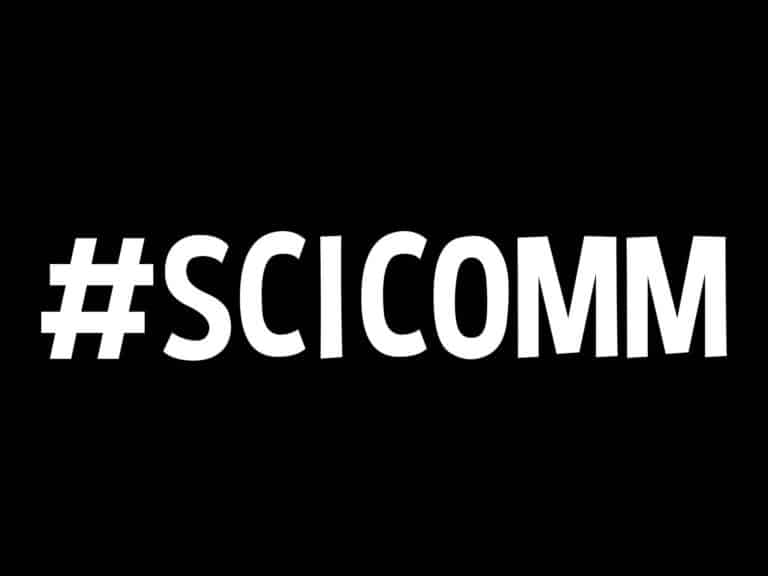Our Mission
RELATE is a communications training and community engagement program designed to improve the dialogue between researchers and different public audiences. Our program is built on the belief that science communication should be a conversation, and not scientists lecturing audiences about their work. Our goal is to support researchers in engaging in this conversation.

Public dialog on scientific ideas benefits both the public and the institution of science. However, researchers must be able to communicate their work and its implications in a way that is accessible and meaningful to a broad audience. Researchers have a variety of motivations for engaging with different public audiences such as informing policy, medical and ethical decisions, and enhancing science education. Likewise, scientific research is improved by incorporating diverse perspectives and experiences from the public. RELATE aims to bridge these communities through a unique program structure which pairs communications training with practice.
As a part of RELATE, science, technology, engineering, and mathematics researchers hone their communication skills in an intensive workshop with instruction and feedback from communications experts. To complete their training, these researchers put their newly refined skills into action by communicating with a broad audience in a series of community engagement events about the process of science, research progress, and issues in their fields.
By helping STEM researchers develop stronger communication skills and facilitating an active dialogue between researchers and different public communities, RELATE seeks to create an environment for positive and significant public engagement related to scientific issues.
Our History
RELATE was co-founded in 2013 by then Neuroscience graduate students, Elyse Aurbach and Katherine (Katie) Prater at the University of Michigan. That same year, Aurbach and Prater received the “Community Choice Award” from the National Science Foundation’s “Innovation in Graduate Education Challenge” to further the implementation of RELATE. Financial support from this award along with additional support and sponsorship from the Rackham Graduate School allowed Aurbach, Prater, Dr. Leah Bricker, and Paula Wishart to develop the curriculum for the first RELATE science communications workshop, which took place during the summer of 2014.

The first RELATE workshop in 2014 received significant interest from the research community at the University of Michigan, and successfully trained 25 RELATE alumni from science, technology and engineering fields. Encouraged by this success, the RELATE team began to grow, welcoming new coordinators and faculty advisors. Brandon Patterson joined the director team in 2015, with a strong interest in developing new workshop content. In 2015 and 2016, RELATE brought on additional faculty mentors Dr. Andrew Maynard, Dr. Brian Zikmund-Fisher, Dr. Tim McKay, and formed its Faculty Advisory Board.
Over the past four years, interest in our workshop offerings has grown substantially. During our first four years, RELATE trained ~100 University of Michigan graduate and early career researchers during intensive, 6-10 week summer workshops and introduced >1200 students to fundamentals of communication skills in shorter workshop series. We are currently expanding our workshop offerings to support increased public engagement training for faculty and for undergraduates, particularly those of underrepresented minority status. We also host “Science by the Pint” and “Science by the Cup”, our independent outreach event series, and we co-sponsor partnered public events with local-area organizations, including Nerd Nite Ann Arbor and the Michigan State University Science Festival.
As RELATE looks to the future, we are not only gearing up for more intensive science communications workshops for STEM researchers at all professional stages, but we are also looking to expand our workshop and training opportunities. We welcome new collaborations! Please contact us if interested.
Funding
We are supported by Rackham Graduate School’s Interdisciplinary Workshop program and our Community Choice Award in the Innovation in Graduate Education Challenge sponsored by the National Science Foundation.
Error: Contact form not found.
Is this your initiative?
Claiming allows you to manage your initiative.





